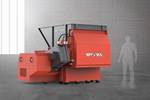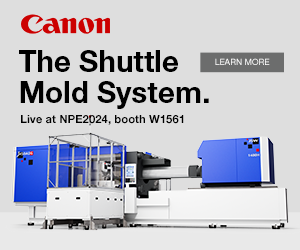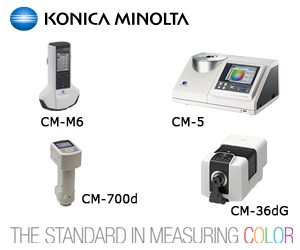Your Checklist for Survival
Where do you line up?
John Bozzelli has one of the sharpest minds in plastics processing and is a keen observer of things good and bad in our industry. If you’re a molder, you’ve likely seen evidence of this in his monthly, pull-no-punches Injection Molding Know-How column.
John’s observations go beyond the technical nuts and bolts of molding technology. The other day I was poking around his website (scientificmolding.com) and came across this list of traits that John believes distinguishes processors who have survived our economic downturn from those who have either gone away or are just barely hanging on. I thought it could be beneficial to share the observations of someone with more than 40 years of experience visiting processors all over the world. These are general observations and there are bound to be exceptions to all “rules.”
Surviving processors, John contends:
• Are often privately held;
• Are run by individuals who are technically savvy;
• Are considered leaders in their field;
• Purchase based on least cost as opposed to least price;
• Collaborate with their supplier base;
• Quote jobs on cost plus resin;
• Do more than typical injection molding;
• Solve root causes of problems;
• Rely on the people who use the equipment to make
purchasing decisions;
• Seek employees’ views and solicit their questions;
• Give employees opportunity to take ownership;
• Drive inventory by economic planning;
• Have office personnel that can operate the shop floor;
• Do not overemphasize ISO, Six Sigma etc.;
• Follow Deming’s 14 points;
• Make effective use of consultants;
• Hire innovators, bright people with a work ethic;
•Train employes on multiple jobs;
• Provide employee training on request;
• Do most repair/construction in-house;
• Respond to customer needs;
• Train customers;
• Fire customers.
Struggling processors, on the other hand:
• Are often publicly held;
• Manage their business on a financial—not technical—basis;
• Purchase on a least-price vs. least-cost basis;
• Pit one supplier against another;
• Quote cost per 1000 parts;
• Rely on purchasing people to make equipment, facility decisions;
• Do only one process;
• Don’t maintain or advance expertise in core competency;
• Develop nothing original;
• Work around a problem rather than addressing its root cause;
• Have supervisors who “shoot the messenger”;
• Have employees too intimidated to ask questions;
• Employ people who do not seek or take ownership;
• Push for minimum inventory, ignoring frequency of mold changes and time to stabilize processes;
• Have office personnel with limited or no knowledge of
shop-floor activities;
• Emphasize following instructions without questioning;
• Never heard of Dr. Deming;
• Do not screen consultants and rely on them too heavily;
• Hire on basis of degree or appearance, no tolerance for mavericks;
• Assign training, not offering it on request;
• Contract out most repairs and construction;
• Pay lip service to customer, while company procedure takes precedence;
• Allow customers to bully them.
Which of these points sound like you?













